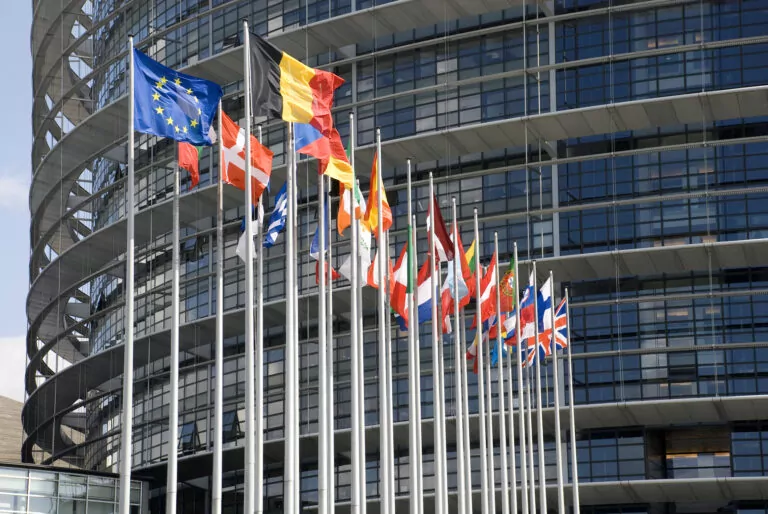Add to favorites:
Share:
This funding opportunity addresses the critical issue of plant health in the context of agriculture, forestry, and biodiversity. The call aims to enhance understanding of emerging and future plant pests, including their drivers such as climate change, globalisation, and ecosystem degradation. Projects are expected to develop cost-effective, integrated pest management solutions that align with EU regulations and sustainability goals.
The call supports the EU's Farm to Fork strategy and biodiversity strategy for 2030, aiming to reduce chemical pesticide use and promote sustainable farming practices. Proposals should focus on pests that pose socio-economic and environmental threats, exacerbated by climate change and global trade. International collaboration and the integration of diverse stakeholders, including farmers, researchers, and industry players, are strongly encouraged. Proposals may allocate up to 10% of their budget for financial support to third parties, fostering innovation in pest management tools and methods.
Results should benefit both conventional and organic farming systems and align with ongoing EU-funded projects, ensuring coherence and resource sharing. The multi-actor approach is mandatory to ensure the practical applicability and wide dissemination of project outcomes.
Opening: 06-05-2025
Deadline(s): 04-09-2025
Data provided by Ghent University
This funding opportunity represents a pre-agreed draft that has not yet been officially approved by the European Commission. The final, approved version is expected to be published in the first quarter of 2025. This draft is provided for informational purposes and may be used to preliminarily form consortia and develop project ideas, but it is offered without any guarantees or warranties.
Expected Outcome
- Increased understanding of plant pest emergence drivers.
- Development of cost-effective pest management solutions.
- Support for plant health policies in the EU and Associated Countries.
- Contribution to sustainable farming practices and biodiversity conservation.
Scope
- Target new or emerging plant pests causing significant socio-economic and/or environmental impact.
- Address pests with altered probabilities of entry, establishment, and spread.
- Enhance pest biology understanding and risk assessments.
- Develop rapid, cost-effective detection and control measures.
- Assess and mitigate socio-economic and environmental impacts.
- Foster resilience through crop diversity and agro-ecological processes.
- Follow a One Health approach, connecting plants, people, animals, and the environment.

